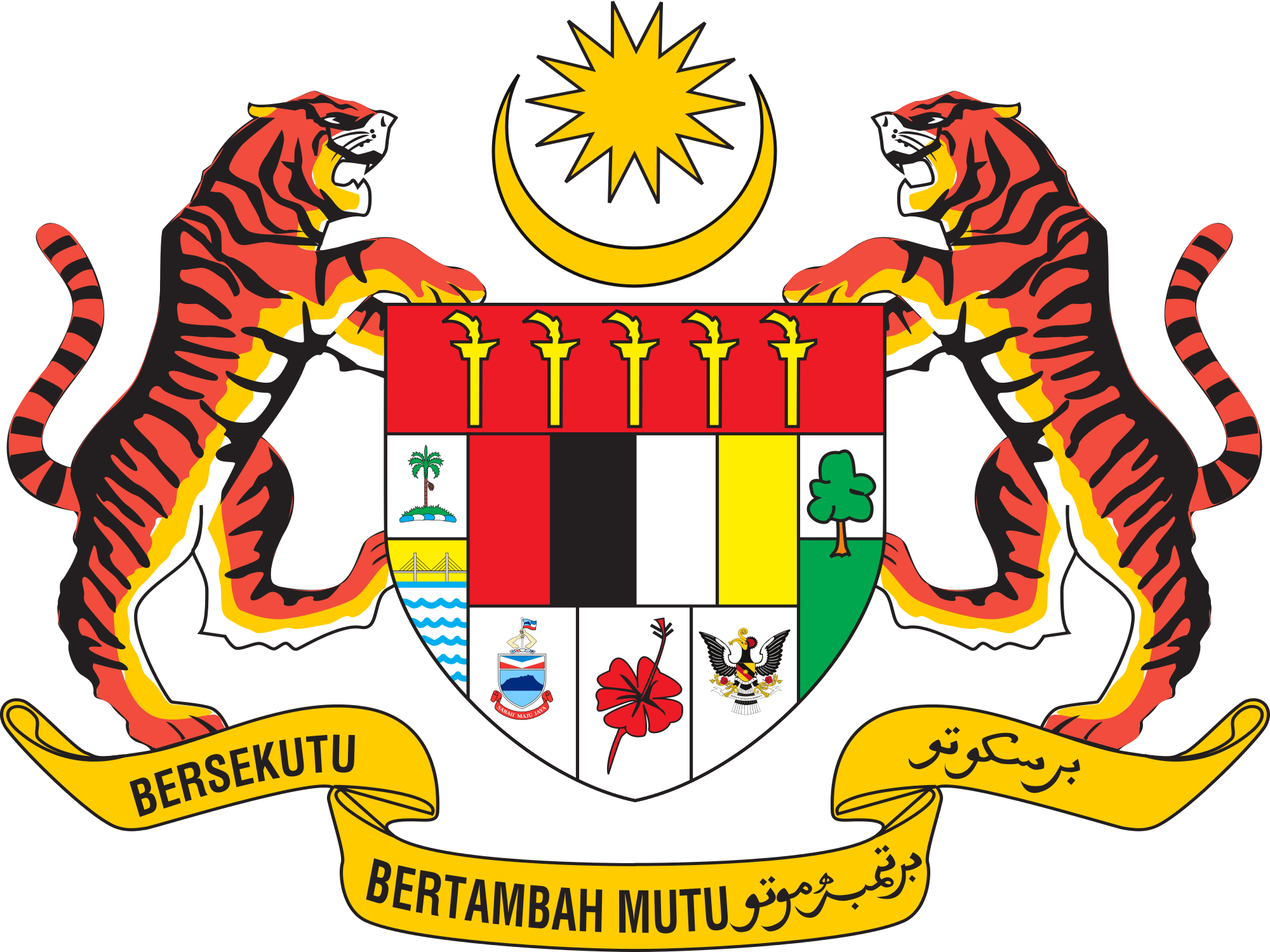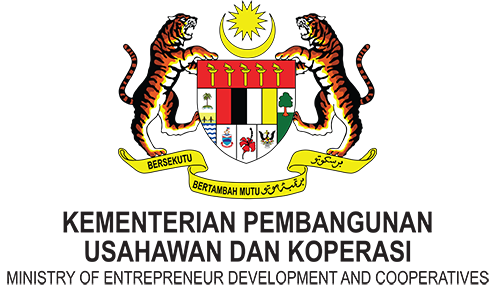

English version :
Improve Productivity and Competitiveness, Seize Opportunities in ASEAN Market
11th Malaysia Plan (11MP) has outlined series of measures and way forward for the development of Small and Medium Enterprises (SMEs) in Malaysia, which in fact parallel with the SME Masterplan (2012-2020).
Contribution of SMEs is significant as they comprise 99% of the businesses in the nation. Government’s strategies in SME Masterplan as well as 11MP are mainly focus in improving the productivity, which ultimately aimed to achieve core targets of Vision 2020. The core targets include raising the contribution of SMEs to the economy by 2020:
- GDP: 41% (current: 33%);
- Employment: 62% (current: 59%);
- Exports: 25% (current 19%); and
- Annual Growth rate of SMEs: 8.7%
The Challenge is not limited to Malaysian Enterprises
In liaison with the formation of ASEAN Economic Community (AEC) by year-end of 2015, Dato’ (Dr.) Hafsah believes that the challenges and competitions among SMEs in Malaysia as well as other nations will further intensify. The issues and challenges would come from area of:
- Access to financing;
- Market Access;
- Legal and regulatory environment;
- Innovation and technology adoption;
- Human capital development; and
- Infrastructure
Dato’ (Dr.) Hafsah emphasizes that Malaysian SMEs must constantly improve and upgrade themselves in order to have adequate capacity and capability to overcome the challenges and to deal with competition within the region.
With the realization of the ASEAN Economic Community, there will be minimal or no constraint on the flow of goods, services, trade and even technical personnel within the region.
By then, SMEs must develop a comprehensive strategy to retain the competitive advantage within the region in terms of innovation and reformation as well as in productivity.
Dato’ (Dr.) Hafsah admitted that Malaysia’s development level has to be at least at the same par with Singapore in order to achieve Vision 2020.
Assisting in enhancing the growth in enterprises
SME Corp. Malaysia has been playing the role as single dedicated agency to coordinate programmes across 15 relevant Ministries and 60 relevant Agencies to oversee and coordinate the development strategies, in order to ensure successful implementation of SME Master Plan to accelerate growth of SMEs.
SME Corp. Malaysia is also the central point of reference for information and advisory services for all SMEs in Malaysia. Meanwhile it is a specialized agency that spurs the development of SMEs by providing infrastructure facilities, financial assistance, advisory services, market access and other support programmes.
Dato’ (Dr.) Hafsah says, SME Corp. Malaysia has put in a lot of efforts to assist in facilitating the growth of SMEs, including exploration of new business opportunities, development of new market, enhancement of productivity, technology uptake and transformation as well as sustainable development.
Although many local SMEs have voiced their complaints regarding the difficulties in obtaining financial loans, Dato’ (Dr.) Hafsah response to that by referring to the World Bank Annual Report 2013 whereby Malaysia has been ranked as No. 1 under the category “Getting Credit”, which is an indication that Malaysia accounted a large advantage in terms of access to financing among ASEAN countries.
Dato’ (Dr.) Hafsah thinks that many of the companies which have obtained loan did not preach the good news, leaving the actual situation overshadowed by complaints from those who failed to access the loan. In Malaysia, up to 84% of the loan were approved and released by SME Bank and Commerce Bank.
Transformation towards Automated Technology
One of the main pillars under 11th Malaysia Plan (11MP) is to increase the productivity. In order to achieve that, Dato’ (Dr.) Hafsah advices SMEs to focus on technology adoption. Entrepreneurs in manufacturing line could benefit from automated technology as it helps to reduce the labor cost. Meanwhile, entrepreneurs in service sector should venture into automated technology to improve the productivity as well.
90% of the SMEs in Malaysia are classified in Service sector, and only 6% of them are in manufacturing sector. Therefore, transforming operation of service sector into automated method to enhance the productivity would bring a huge impact to SME development in Malaysia.
Dato’ (Dr.) Hafsah is taking Point-of-Sales system (POS) as example. POS is a sale management tools customized for service sector, which provides a solution for seamlessly quick payment collection while selling. This solution is particularly useful for restaurant/catering businesses and retail selling. The solution is also equipped with retail sales, purchase merchandise, inventory monitoring, sales analysis reporting and many more functions that allow entrepreneurs to access the sales status and performance figures from time to time in order to adjust the list of merchandises in accordance to customers’ preference, which in turn enhancing the productivity.
Seek for business opportunity from Green Technology
The Government has taken 11MP as the economic blueprint, and has outlined the development direction for the next 5 years based on it. Green Technology is one of the sectors that are being emphasized in 11MP, and thus, Dato’ (Dr.) Hafsah encourages SMEs to venture into the sector.
Dato’ (Dr.) Hafsah disclosed that, with the global economy trending into low carbon environmental protection, the government is also very much concern on the Green Industry.
While attending the Climate Change Convention 2009 by United Nations, the Prime Minister Dato’ Sri Haji Mohammad Najib bin Tun Haji Abdul Razak had committed to reduce the carbon emission by 40% in year 2020. Pertinent to that, the government is actively doing research on the Green Technology.
Dato’ (Dr.) Hafsah takes Green Logistics Industry as one of the example. Green Logistics is a complete supply chain management or global value chain, which binds across the goods flow, information flow and capital flow of the entire supply chain from purchasing, raw material management, production, delivery, marketing and eventually to the end users. Green Logistics serve as the supporting arm to the core business operation while minimizing the resources consumption as well as the damages to the environment.
Green Technology is essential, as it helps to reduce the emission of Carbon Dioxide (CO2) and to achieve efficient energy management. One common example of Green Technology would be the use of LED Lighting. Despite the higher cost of installation, LED lighting consumes 70% lower electricity than the incandescent lighting.
Dato’ (Dr.) Hafsah says, Government of United States and Australia have been comprehensively promoting LED energy-saving lightings, and have prohibited the incandescent lighting in the market. Malaysian Government on the other hand, is transforming into that in a slower pace, but it creates plenty of potential business and development opportunities.
One good example of business opportunity for LED energy-saving lightings is in rail transport sector whereby LED lighting manufacturer could reach out to be the contracted supplier or contractor of LED lighting installation in the train cabin and railway platform.
Exploring Halal and E-Commerce Industry
Halal industry in Malaysia is recognized worldwide as a very high-potential market. In order to strengthen the industrial competitiveness, the country is aggressively establishing a comprehensive Halal Industry System based on the Halal standard which covers across the entire industry chain from raw materials, production, packaging, logistics, retail and eventually to the end users. This indicates potential business opportunities and challenges in every segment of the industry chain.
Dato’ (Dr.) Hafsah thinks that another promising field would be E-Commerce. “E-Commerce definitely is the next big trend, as it is a method that could aid in generating revenue as well as in expanding the market share. However, the efficiency of E-Commerce, especially in international and cross-regional logistics, is very much dependent on the availability and maturity of logistics network, logistic facilities and logistic technology. As for the development of E-Commerce in Malaysia, Dato’ (Dr.) Hafsah is proud seeing a few successful players in the sector, namely Groupon, Lelong, e-Bay, Zalora, Lazada and Rakuten.
Malaysian SMEs in Dato’ (Dr.) Hafsah’s View:
Tough and Flexible
Need to be more proactive in exploring business opportunities
Dato’ (Dr.) Hafsah thinks that although Malaysian SMEs are rather “hindsight” in the global crisis, whereby they only feel the actual impact of the crisis after 1 to 2 months of the phenomenon. However, Malaysian SMEs were able to step out as soon as after the first wave hit and still standing firm in the financial turmoil. This has illustrated the characteristics of tenacious and high flexibility within the SMEs.
Dato’ (Dr.) Hafsah believes that Malaysian SMEs should not be habitually satisfied with or complain about the current situation, and then stalled at the status quo. Instead, they should face the difficulties with a more positive attitude, and actively thinking about the best strategies in response to the market competition.
Doing Business is like Falling in Love
Despite the current economy is still in the downturn, the situation gets worse with the implementation of GST and impact from the depreciation of Ringgit. Local SMEs should actively explore the potential routes of transformation, by looking into the ASEAN market for potential business opportunities in order to encourage the further development of the enterprise.
The ASEAN market is full with “ready-made” or “uncultivated” opportunities, while the chances are equal for each competitors, it is the level of intentionality to search and venture that makes the difference.
“When you love your career, regardless of how difficult the obstacles and challenges are, you will be fighting desperately, and that is what we called entrepreneurial spirit. This is similar with falling in love. When you really love a person, regardless of any shortcoming that he/she might have, you will only see the good sides. No matter how big the obstacles ahead, you are against all odds, it is to be with him/her.”
“In the cause of indifference in the career, even if the business opportunity and support from others are right in front of the eyes, one would never be successful, because opportunity only makes itself known to people who are ready.”






















